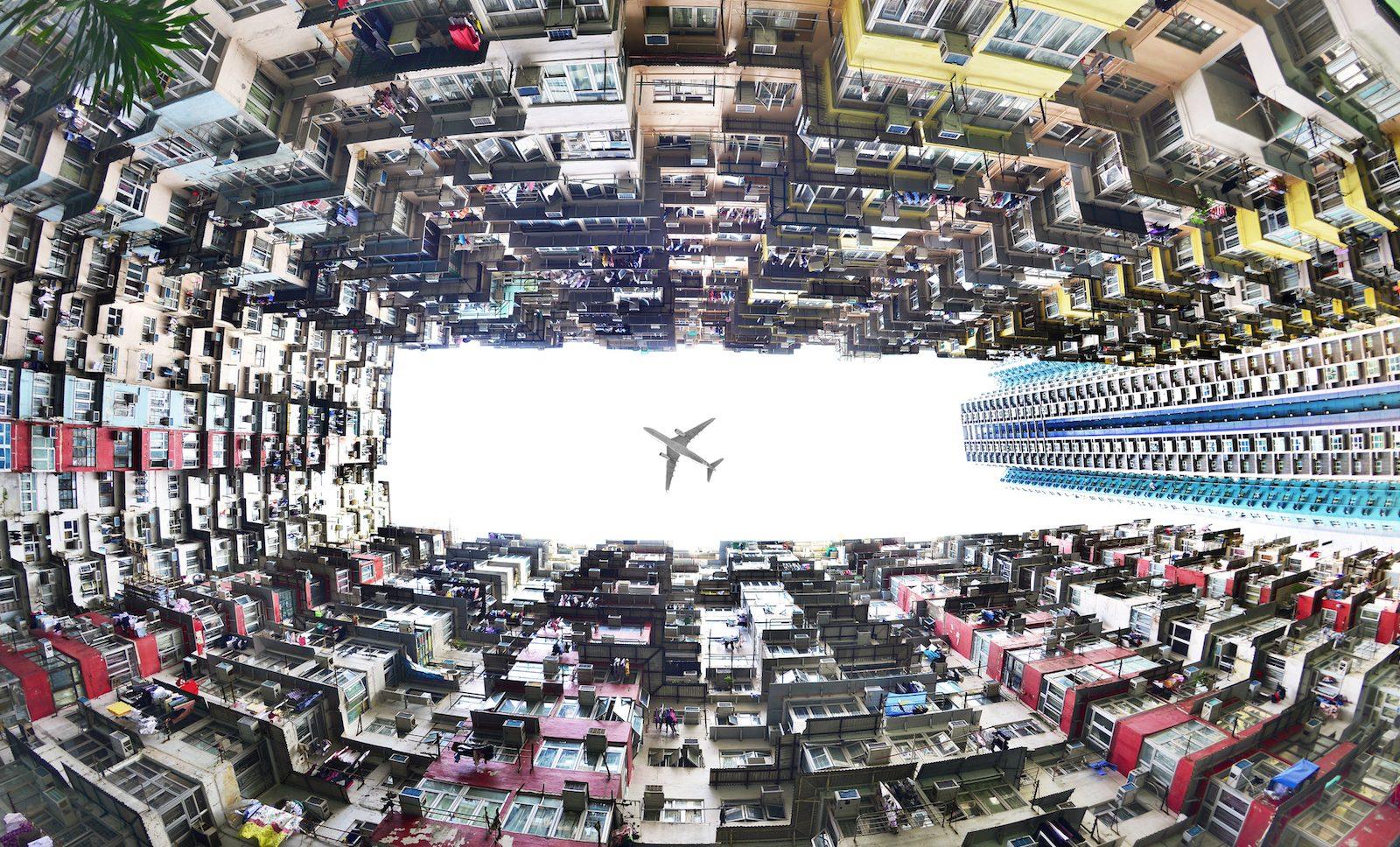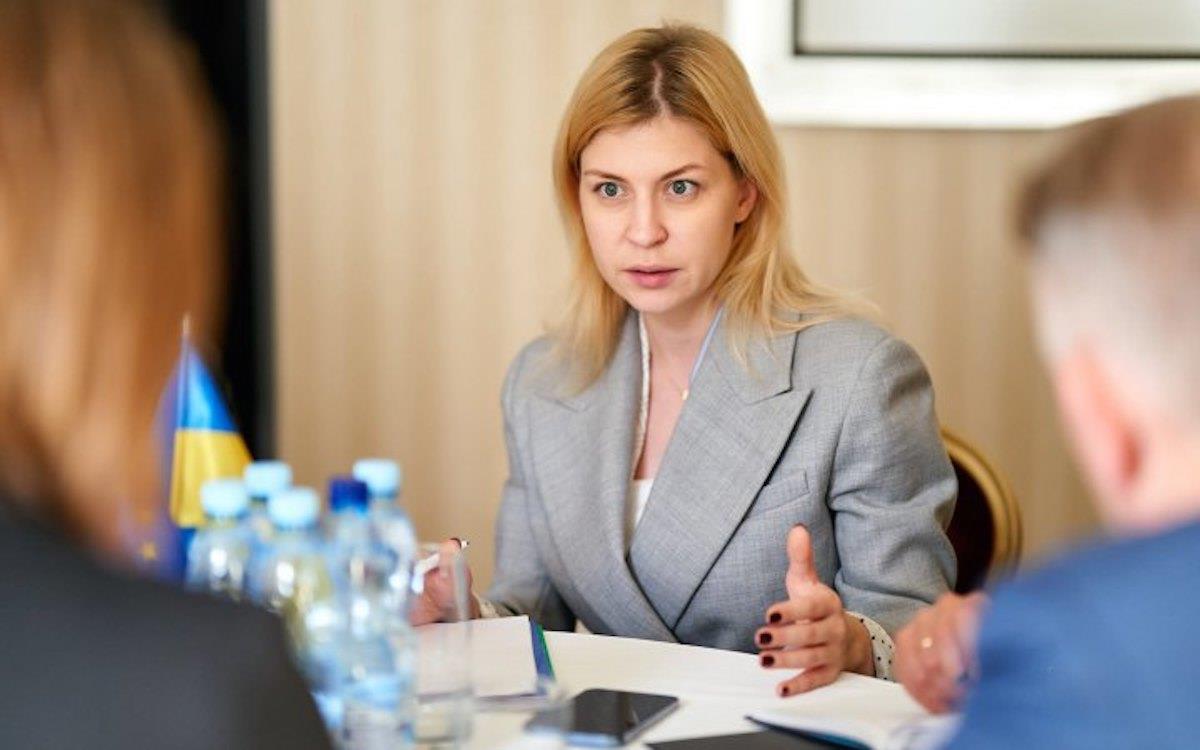
Time To Establish A European Defense Fund
But two other messages were also clear: that it is now Europe's turn to provide more help, and that this is a war for the future of the whole of Europe, not just Ukraine.
Those messages fitted also with speeches by Mario Draghi on the Economy and President Emmanuel Macron on defense, but they went beyond the rather general, often vague notion of European strategic autonomy that has so often been discussed in speeches by our European leaders. For a continent sharing huge land borders with often hostile states, and an economy that is the most globally connected of all major regions, the idea of“autonomy” is almost meaningless. The real issue is security.
Europe has many challenges: the energy transition, immigration, productivity and competitiveness to name already four. In truth, however, none of these is more fundamental than the need to preserve the peace and security of the continent, which was the main reason the European Union was born in the first place. Yet despite the huge pressure of Russia's invasion of a country on the EU's borders, defense is still not being given the priority it deserves.
That was the theme being delivered, in a courteous way, by Ukraine's impressive deputy prime minister for European and Euro-Atlantic integration, to give her full title. And her theme is true: While European countries did raise their defense spending last year by 4.5%, that rise was still less than the growth of spending being seen in Asia, even though in Europe we have a real war under way and Asia, fortunately, does not.

Shooting of Slovak leader heightens war risk

Can't blame all Chinese cyberattacks on the government
Whatever Donald Trump might think, this need to spend more on defense is not connected to the possibility that he could be re-elected as president in November.
American presidents have been cajoling Europeans to spend more on their own defense for more than half a century. For much of that time, the success of the European project in defusing tensions and reducing hostility on the continent has compensated amply for the fact that all European countries' military forces have been weak except for those of France and the United Kingdom. America's nuclear deterrence against the Soviet Union provided our main protection against the only real threat.
Now, however, times have changed. Russia's invasion of Ukraine has shown how the deterrent effect of nuclear weapons can be used in a way that's the opposite of how it worked in the Cold War: An invader using conventional forces can use nuclear threats and the resulting fear of“escalation” to deter other countries from supporting its victim.
We can all debate what might be the long-term goals of Putin, and indeed of the elite that surrounds him, if he were to be successful in his invasion of Ukraine. Clearly countries that are closest to Russia, including Moldova, the Baltic States and Moldova, have the greatest cause for concern. But the direct threat from Russia is not the only reason to be concerned. At many times in history a change by force of one country's borders has triggered instability elsewhere, as other powers decide or feel obliged to respond to changing international circumstances.
In terms of total financial, humanitarian and military support, Europe as a whole (including the United Kingdom) has provided roughly double the value of aid to Ukraine since the February 2022 invasion as has the United States. Given our geography, this larger European role is entirely appropriate. What we are not proving able to do, however, is also to invest enough in our own defense and security to be able to guarantee our future safety.
Italy is one of those countries whose defense spending falls well below the agreed NATO target of 2% of GDP: In 2023, Italy's spending was less than 1.5% of GDP, and Italy also fell below the NATO average in terms of the proportion of that expenditure that was devoted to military equipment. More than 60% of Italy's defense spending goes to personnel, which is the highest proportion among all the NATO members. That compares with 40% in France, 30% in the United Kingdom and 28% in the United States.
To an outsider, this is surprising given that Italy is such an important manufacturing country, has one of Europe's strongest defense industries and is collaborating with Japan and the UK in developing new fighter jets for the 2030s. This, however, is also one reason why Italy has not been a major supplier of weapons or military equipment to Ukraine.
The immediate request from Ukraine is for at least seven American-made Patriot air defence systems, and Italy is not one of the European countries that own such systems. Germany has now provided three, and there is pressure on Spain, Greece and Poland to send some of their own systems.

Sign up for one of our free newsletters
- The Daily ReportStart your day right with Asia Times' top stories AT Weekly ReportA weekly roundup of Asia Times' most-read stories
In the longer term, however, there is only one real solution for Europe's, and Italy's, inability to spend enough on defense. That is to set up a proper European Defense Fund, financed by collective borrowing, along the same lines as the EU Next Generation Fund that during the pandemic yielded the funds for Italy's National Recovery and Resilience Plan.
This is controversial, especially among northern European nations. But it is really the only practical solution, given the high national public debts held by countries such as Italy and given the competing demands for funds from the energy transition and immigration.
If a European Defense Fund could be set up, with a scale similar to that of the EU Next Generation Fund, Italy could again be a big beneficiary. Its defense industry is already world-class, and other Italian manufacturers would form essential parts of European defense supply chains.
Mario Draghi played a vital part in persuading EU members to support the Next Generation Funds. Now Giorgia Meloni's task should be one of persuading EU members to do the same for defense and security.
Formerly editor-in-chief of The Economist, Bill Emmott is currently chairman of the
Japan Society of the UK , the
International Institute for Strategic Studies
and the
International Trade Institute .
First published on his Substack,
Bill Emmott's Global View , this is the English original of an article previously published in Italian by La Stampa.
Thank you for registering!
An account was already registered with this email. Please check your inbox for an authentication link.

Legal Disclaimer:
MENAFN provides the information “as is” without warranty of any kind. We do not accept any responsibility or liability for the accuracy, content, images, videos, licenses, completeness, legality, or reliability of the information contained in this article. If you have any complaints or copyright issues related to this article, kindly contact the provider above.
Most popular stories
Market Research

- Manuka Honey Market Report 2024, Industry Growth, Size, Share, Top Compan...
- Modular Kitchen Market 2024, Industry Growth, Share, Size, Key Players An...
- Acrylamide Production Cost Analysis Report: A Comprehensive Assessment Of...
- Fish Sauce Market 2024, Industry Trends, Growth, Demand And Analysis Repo...
- Australia Foreign Exchange Market Size, Growth, Industry Demand And Forec...
- Cold Pressed Oil Market Trends 2024, Leading Companies Share, Size And Fo...
- Pasta Sauce Market 2024, Industry Growth, Share, Size, Key Players Analys...





















Comments
No comment